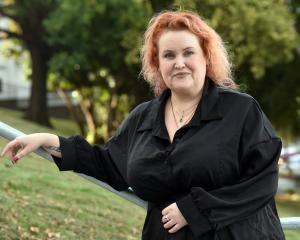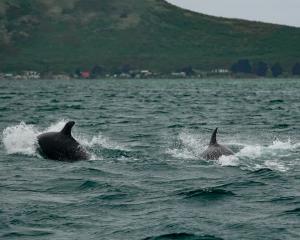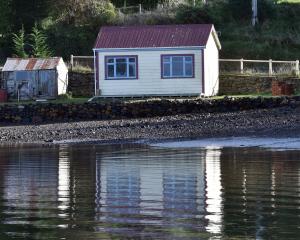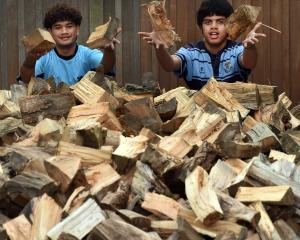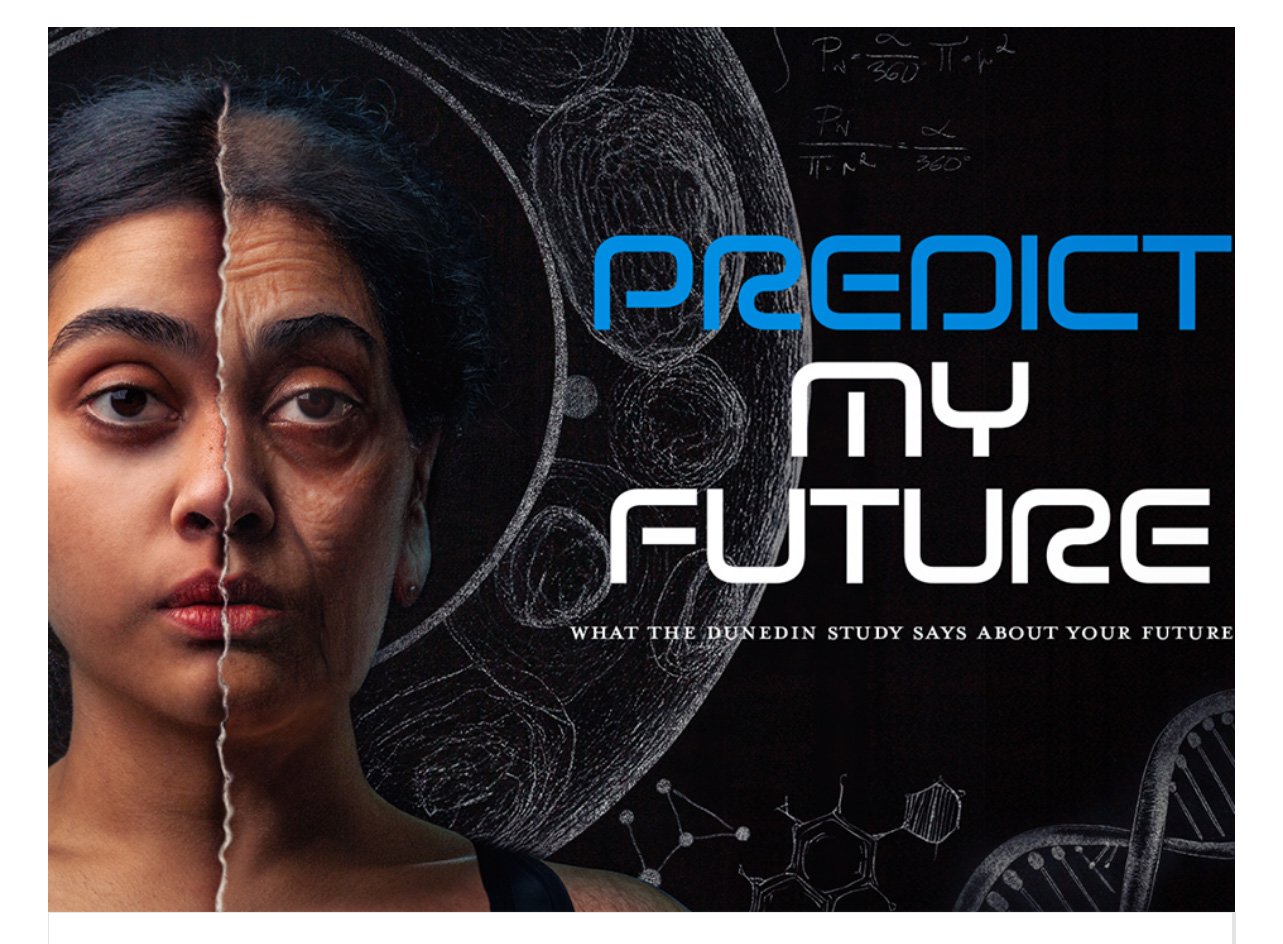
But many New Zealanders may not have realised that until they watched the Predict My Future: What the Dunedin Study says about your future documentary, which aired on TVNZ last night.
It may also have dawned on many that, if the Dunedin Study did not exist, many of the health benefits we enjoy today would not exist.
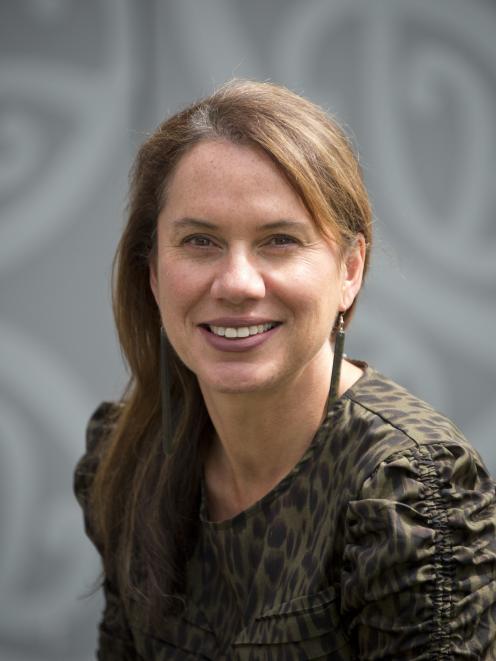
"This documentary highlights the importance of what happens to us when we’re young, in terms of our experiences and our environment — it has an impact on our long-term health and wellbeing. The study, over its 50 years, has continued to highlight that."
The documentary included interviews with a wide range of present Dunedin Study researchers, and highlighted its broad, multidisciplinary nature.
It explored past and present research from the past 50 years, ranging from the biological cellular level through various organ systems, to the social determinants of health (like poverty) and the impact of the environment (pollution).
It also explored the study’s research on positive ageing.
Film director and writer Ankita Singh said her documentary was inspired by her curiosity about her mother’s and grandmother’s advancing ages.
"I was moved learning about the deep systemic issues we have when it comes to how people age," she said.
"I always knew poverty causes many issues, but the fact that it makes people age faster, on a genetic level, is not only terrifying but deeply dystopian.
"I hope with more awareness and the data, that we as a nation feel more galvanised to reduce these inequalities."
Prof Theodore said another reason why the documentary was a priority for the Dunedin Study was because of its importance to the study members themselves.
"The study members are the true heroes of the Dunedin Study. They often talk about the importance of the study documentaries, books, newspaper articles, and other forms of science communication, including our recent museum exhibition.
"Study members and their families get a huge amount of pride from seeing the world-leading findings being shared with a general audience.
"They want the findings to make a difference, not just to scientists or policy makers, but to other members of society, including other mums and dads, grandparents, teachers, and so on."
The documentary is still available for screening online on TVNZ+.




